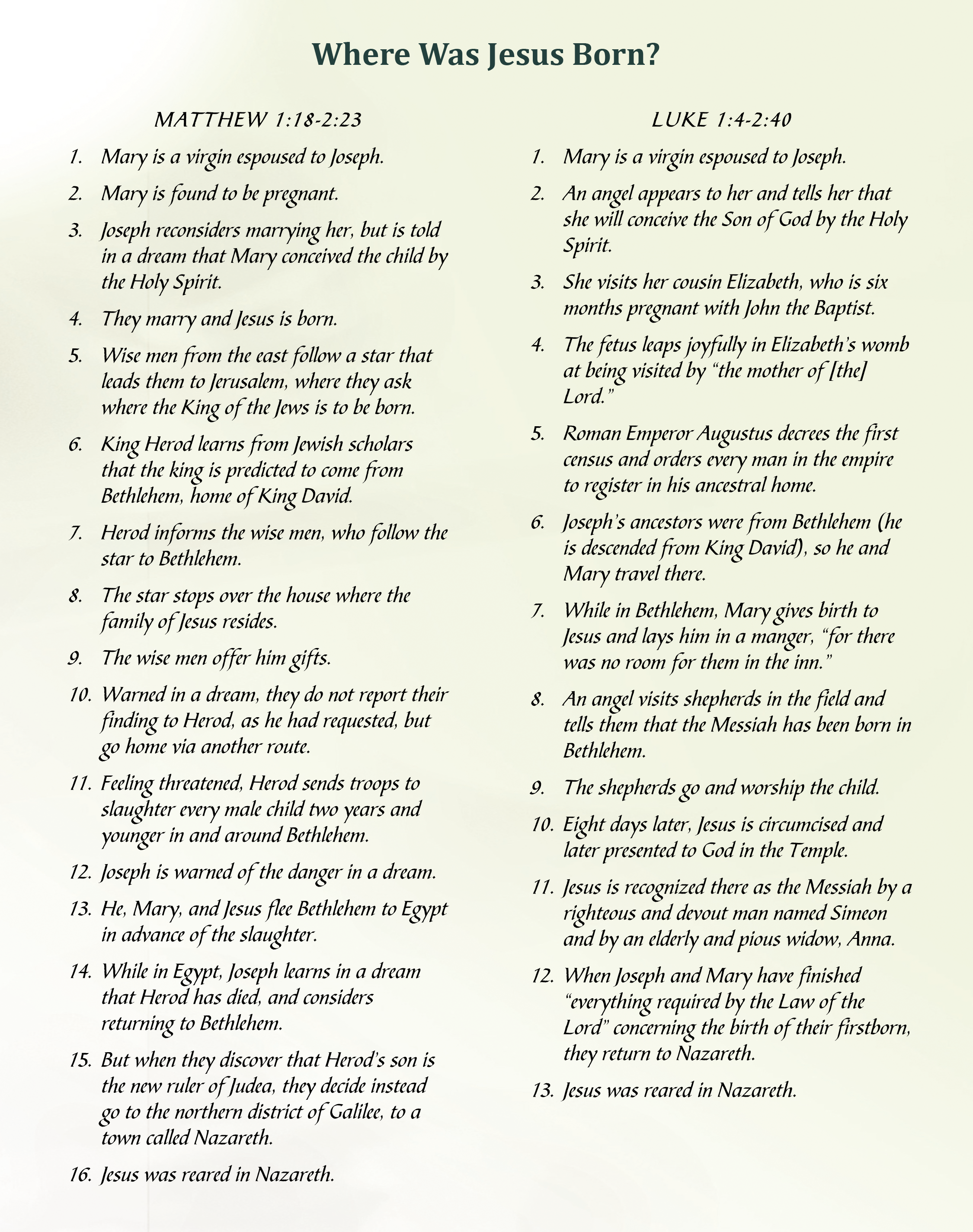Humans are a lovely and loving lot—except when we forget we are. And that memory lapse scripts all human drama.
From the missives in my e-mailbox, there’s many a beautiful soul out there who believes that it is his or her mission to save the rest of us from eternal damnation; and by golly, they’ll do it by force, in the name of Almighty God. They’ll shake us, insult us, slap us and zap us until we abandon our belief that God is infinitely bigger—and better—than the ancient scribes portrayed. If we really loved God—I mean really, really loved God—we’ll forward their guilt-tripping e-mails to everyone in our address book, and know that a blessing is on the way.
I have no doubt that these wonderful people really mean well. They truly believe that when God does things that are judgmental, inhumane, punitive and…er, ungodly, it’s for our own good. Hey, drastic times call for drastic measures. That’s why they practice Coercive Christianity. If they didn’t, the rest of us would go to hell in a hand basket.
I received an e-mail yesterday that pimp-slapped those who believe the claims in hoax e-mails, but don’t believe that the Bible is the inerrant word of God. (It didn’t address the group that believes neither.) This type of e-mail used to irritate me. I guess I’m mellowing. Now, I simply wonder how closely these beautiful people have read the Bible—or what’s left of it—before imposing such harsh judgment on others.
In his utterly fascinating book, Misquoting Jesus: The Story behind Who Changed the Bible and Why, renowned biblical scholar Bart D. Ehrman says, “[T]he vast majority of Christians for the entire history of the church have not had access to the originals, making [the scribes’] inspiration something of a moot point. Not only do we not have the originals, we don’t have the first copies of the originals. We don’t even have copies of the copies of the originals, or copies of the copies of the copies of the originals. What we have are copies made later—much later. In most instances, they are copies made many centuries later. And these copies all differ from one another, in many thousands of places.”
You don’t have to be an historian or biblical scholar to notice that there are several versions of the Noah and the Ark story clumsily squeezed into the book of Genesis. Close your eyes and let a child read it aloud. You’ll be surprised to hear things you haven’t noticed in all the years you’ve been reading the Bible or repeating that story. You’ll discover that the details and numbers conflict, from one verse to another—repeatedly.
The New Testament has its issues, too. There are four conflicting accounts of Jesus’ birth, life, ministry, and even his death. That’s because Matthew, Mark, Luke, and John had different perceptions of Jesus and his mission, were talking to different audiences, and trying to convince those audiences of different things.
Matthew was speaking to religious Jews, and made an effort to connect Jesus to Jewish scripture. He portrayed Jesus as fulfilling Jewish prophesy—royalty, the King of Kings. Mark addressed the Romans, presenting Jesus to them as servile, the bearer of man’s burdens. To Luke, the erudite Gentile (non-Jewish) physician, Jesus was the perfect and sinless son of man. Luke was believed to be a friend of Paul. His book targeted a non-Jewish Christian audience. By contrast, John’s message was for the common man, particularly the needy. John viewed Jesus as the perfect son of God. Needless to say, the four covered all the bases.
For many millennia, schools of theology have taught our ministers truths about the Bible that many have forgotten to pass on, including the fact that none of the gospel writers actually knew Jesus. Despite the similarities in their names, Matthew, Mark, Luke and John were not the Apostles. In addition, few men were literate in Jesus’ day. Consequently, the New Testament never contained direct quotes, and neither do our current red letter editions.
Ehrman, who became a born again Christian as a teen, tells a humorous story about how his theological studies fine-tuned his beliefs. (At least, I thought it was funny.) At the urging of the young teacher responsible for his enlightenment, he decided to study Scripture full time. Following high school graduation, he entered Moody Bible Institute in Chicago.
Ehrman considered Moody’s curriculum as “hard core Christianity, for the fully committed.” It was there that he first learned that “none of the copies of original scripture is completely accurate, since the scribes who produced them inadvertently and/or intentionally changed them in places.” All the scribes did this, he was taught.
Despite this insight, Moody students and instructors were required to sign a statement declaring that the Bible was the inerrant word of God. No one else seemed to have a problem with viewing the inaccurate copies of copies as the inerrant word of God, so he accepted it, too.
Ehrman was fired up, following his three year Bible immersion at Moody. He wanted to evangelize to the secular world. He decided to earn degrees that would enable him to teach in secular settings. First step: a bachelor’s degree. He selected Wheaton College in suburban Chicago, alma mater of famed evangelist Billy Graham—ignoring warnings from Moody colleagues that he’d find no “real” Christians there.
His study of Greek at Wheaton highlighted his concerns about the biblical translations. As he approached graduation, he was compelled to devote himself to studying the New Testament. The world’s leading expert taught at Princeton Theological Seminary. Ehrman headed in that direction, ignoring warnings from friends at Wheaton that he’d have trouble finding any “real” Christians at Princeton.
He recalls that he reached a turning point during his second semester at Princeton, after writing a final term paper for a much revered and pious professor. In that paper, he examined a passage in Mark 2, in which the Pharisees catch Jesus and his disciples eating grain during the Sabbath. Jesus defended himself and his apostles by citing 1Samuel 21:1-6, which told the story of King David and his men. The scripture says that they went into the temple when Abiathar was the high priest, and they were so hungry that they ate bread that was exclusively for priests.
Scholars who have studied the Bible in conjunction with other historical texts say this scene actually happened when Abiathar’s father, Ahimelech, was the high priest—a factual error. Ehrman faced this challenge by writing a lengthy and admittedly convoluted argument that the names in 1Samuel and Mark 2 were indeed incorrect, but the Bible itself is inerrant.
His pious professor minced no words, writing on Ehrman’s term paper: “Maybe Mark just made a mistake.” (That’s when I laughed.)
Laypersons such as myself might not be able to spot the thousands of conflicts that scholars have found, but we can clearly see the obvious ones. For example, Matthew’s “inspired” story of Jesus’ birth, written 38 to 68 years after the crucifixion, says that Jesus was born at Mary and Joseph’s home in Bethlehem, and a brilliant star in the East led three wise men to the newborn and his mother. He writes: “Going into the house, they saw Mary and the baby, and fell down and worshipped him.” (Matthew 2:11)
Luke was inspired to relate a totally different birth narrative. In it, Mary and Joseph didn’t live in a house in Bethlehem. They traveled to the city (presumably from Nazareth) to pay taxes. The reason for the trip, Luke claims, is because Joseph belonged to the lineage of King David.
In Luke’s version, it was not the three magi, but shepherds who were led to newborn Jesus—and not by a star, but by an angel: “Ye shall find the babe wrapped in swaddling clothes, lying in a manger”. (Luke 2:12)
Historians have been unable to find any evidence of such a mandate for taxpayers to travel to their ancestral home to pay taxes—ever. Tax time wasn’t recorded to be in December, either. Personally, I’m looking for the rationale for making a pregnant woman travel by foot and donkey to watch her husband pay taxes.
But Luke had to devise a way to get this family from Nazareth to Bethlehem, because Hebrew Scriptures portended that the Messiah would be born in Bethlehem. Jewish prophesy also said that the Messiah would be a descendant of David, so Luke claimed that Joseph was that descendant.
(Cue the screeching brakes) Does this mean that Christmas pageants and Nativity plays the world over are portraying Joseph, not God, as Jesus’ father?
So much for the biblical issues surrounding Jesus’ birth. Let’s look at the Gospels’ dueling versions of his death. Mark, who was the first to chronicle Jesus’ life, 35 to 45 years after his death, claims that Jesus was crucified the day after the Passover meal (Mark 14:12). By contrast, the Gospel of John, which scholars say was written 25 to 30 years after Mark’s version, claims that he was crucified the day before the meal (John 19:14). There are also conflicting reports of the series of events that followed his death. The contradictions are too numerous to mention here.
As the Reverend Dr. Evelyn Boyd-Castillo, one of my favorite teachers at Christ Universal Temple, says, “There’s a lot of truth in the Bible, but everything in the Bible isn’t true.”
For one thing, Jesus can’t be born in different places or die on different days. But more important, believing that the Bible is inerrant doesn’t make us “real” Christians. Reading it for guidance in practicing the teachings of the Jew named Yeshua, whose name was changed to Jesus in one of the many translations, is what makes us “real” Christians.
Yeshua brought good news that has long outlived his time on Earth: God is not the sun or an object, as believed by Roman pagans. And God is not the intervening, score-keeping Bogie Man who angrily smites, vengefully commits genocide, heinously demands the live sacrifice of animals, as described in the Old Testament.
Even though Yeshua’s actual words were never recorded verbatim, their essence was this: God is Love. God is Spirit. God is unconditional forgiveness. God is within everyone. God is good all the time; and all the time, God is good. That was his story; and he stuck to it, no matter what.
For three very challenging years, Yeshua dutifully served as God’s PR person. That’s an awfully short time to change centuries of firmly entrenched images and perceptions of what divinity looks like, especially if the religious establishment virulently opposes you. He knew that mere words wouldn’t do; so he put on a show and took it on the road. He demonstrated what it looks like to exude the real power of the Loving, Living God that is within us: a power that compels us to treat others the way we’d want to be treated, love and forgive unconditionally, and honor free will, forcing no one to do anything.
He issued no commands. Instead, he gently and lovingly extended an invitation for us to mimic his thoughts, beliefs and behavior beyond his space and time.
“Follow me,” he urged.
Sigh. If only he had dropped bread crumbs.



